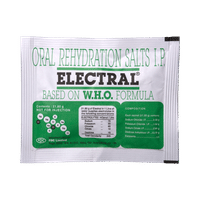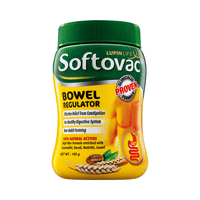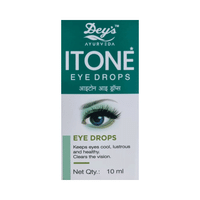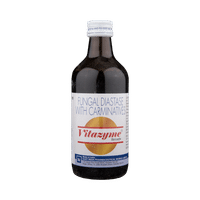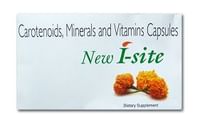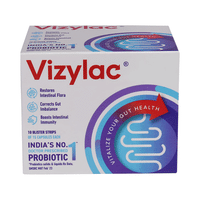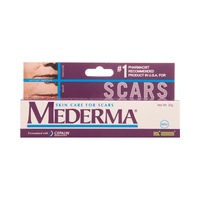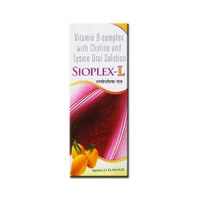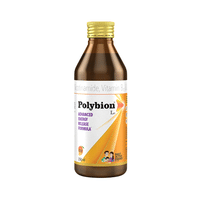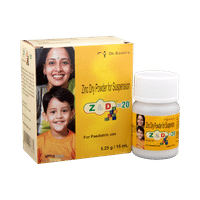Nioto Ear Drop
food interaction for Nioto
alcohol interaction for Nioto
pregnancy interaction for Nioto
lactation interaction for Nioto
food
alcohol
pregnancy
lactation
No interaction found/established
No interaction found/established
Nioto Ear Drop may be unsafe to use during pregnancy. Although there are limited studies in humans, animal studies have shown harmful effects on the developing baby. Your doctor will weigh the benefits and any potential risks before prescribing it to you. Please consult your doctor.
CONSULT YOUR DOCTOR
Nioto Ear Drop is probably unsafe to use during breastfeeding. Limited human data suggests that the drug may pass into the breastmilk and harm the baby.
CONSULT YOUR DOCTOR
SALT INFORMATION FOR Nioto
Nitazoxanide(500mg)
Uses
Nitazoxanide is used in the treatment of diarrhea and worm infections.
How it works
Nitazoxanide is an antiparasitic medication. It inhibits the production of certain chemicals and substances essential for energy metabolism and growth of the parasite.
Common side effects
Abdominal pain, Headache, Chromaturia (abnormal coloration of urine), Nausea, Dizziness, Rash, Diarrhea, Gastro-esophageal reflux disease, Breathlessness, Red spots or bumps
Ofloxacin(200mg)
Uses
Ofloxacin is used in the treatment of bacterial infections. It is also used in infections of urinary tract, gastrointestinal tract, female genital organ, skin & soft tissues and lungs (pneumonia).
How it works
Ofloxacin is an antibiotic. It works by stopping the action of a bacterial enzyme called DNA-gyrase. This prevents the bacterial cells from dividing and repairing, thereby killing them.
Common side effects
Nausea, Headache, Dizziness, Abdominal pain, Itching, Fungal infection, Agitation, Sleep disorder, Insomnia (difficulty in sleeping), Vertigo, Cough, Rash, Anaphylactic reaction, Anxiety, Confusion, Nightmares, Sleepiness, Paresthesia (tingling or pricking sensation), Breathlessness, Bronchospasm, Increased liver enzymes, Genital itching, Vaginal inflammation, Phlebitis, Injection site reactions (pain, swelling, redness), Indigestion, Cognitive impairment, Depression, Abnormal dreams, Eye irritation, Joint pain, Muscle pain, Ringing in ear, Photophobia, Fast heart rate, Hypotension (low blood pressure), Increased creatinine level in blood, Photosensitivity, Inflammation of tendons, Tendon rupture, Psychotic disorder, Liver dysfunction, Pseudomembranous colitis
SUBSTITUTES FOR Nioto
No substitutes foundExpert advice FOR Nioto
- You have been prescribed Nitazoxanide to treat a variety of parasitic worm infections.
- It should be taken with food.
- Do not crush, chew, or break the tablet. Swallow it whole with a full glass of water.
- It can be harmful to an unborn baby. Do not take it during pregnancy. Use birth control measures to prevent pregnancy while taking Nitazoxanide.
- Your doctor may monitor your blood counts and liver function before you start taking this medicine and regularly throughout your treatment.
- Avoid being near people who are sick or have infections. Inform your doctor if you develop signs of infection.
- Do not skip doses and finish the prescribed course, even if you start to feel better. Stopping it early may increase your risk of further infection.
Frequently asked questions FOR Nioto
Nitazoxanide
Q. Is Nitazoxanide effective?
Nitazoxanide is effective if used in the dose and duration advised by your doctor. Do not stop taking it even if you see improvement in your condition. If you stop using Nitazoxanide too early, the symptoms may return or worsen.
Q. Can the use of Nitazoxanide cause dizziness?
Yes, Nitazoxanide can make you feel dizzy. Avoid driving, operating on machinery, working at heights or participating in potentially dangerous activities, especially during the initial days of your treatment. However, if your condition does not improve, consult your doctor.
Q. Are there any specific contraindications associated with the use of Nitazoxanide?
The use of Nitazoxanide is contraindicated in patients with known allergy to any other ingredients of this medicine, and if you are suffering from asthma. Tell your doctor about all of your medical conditions before taking the medicine.
Ofloxacin
Q. Can the use of Ofloxacin cause diarrhea?
Yes, the use of Ofloxacin can cause diarrhea. It is an antibiotic which kills the harmful bacteria. However, it also affects the helpful bacteria in your stomach or intestine and causes diarrhea. If you are experiencing severe diarrhea, talk to your doctor about it.
Q. Can I stop taking Ofloxacin when I feel better?
No, do not stop taking Ofloxacin and complete the full course of treatment even if you feel better. Your symptoms may improve before the infection is completely cured.
Q. Can the use of Ofloxacin increase the risk of muscle damage?
Yes, use of Ofloxacin is known to increase the risk of muscle damage, commonly in the ankle (achilies tendon). Muscle damage can happen in people of all ages who take Ofloxacin. Inform your doctor if you feel any kind of muscle pain while using this medicine.













